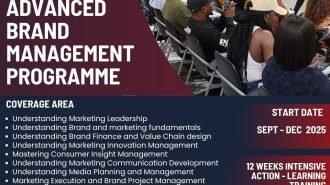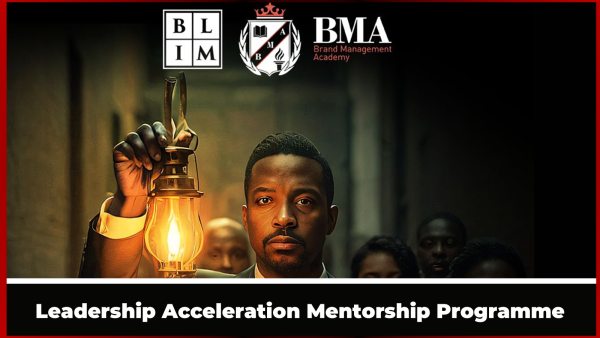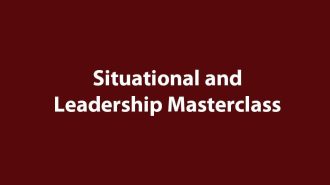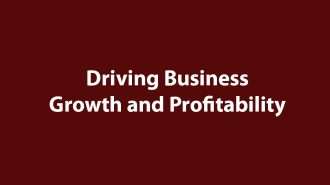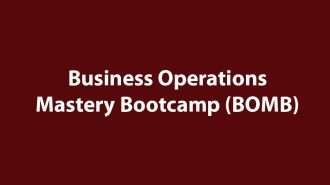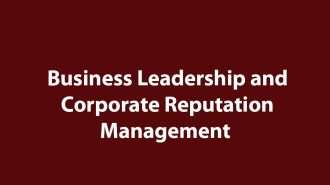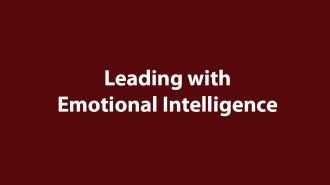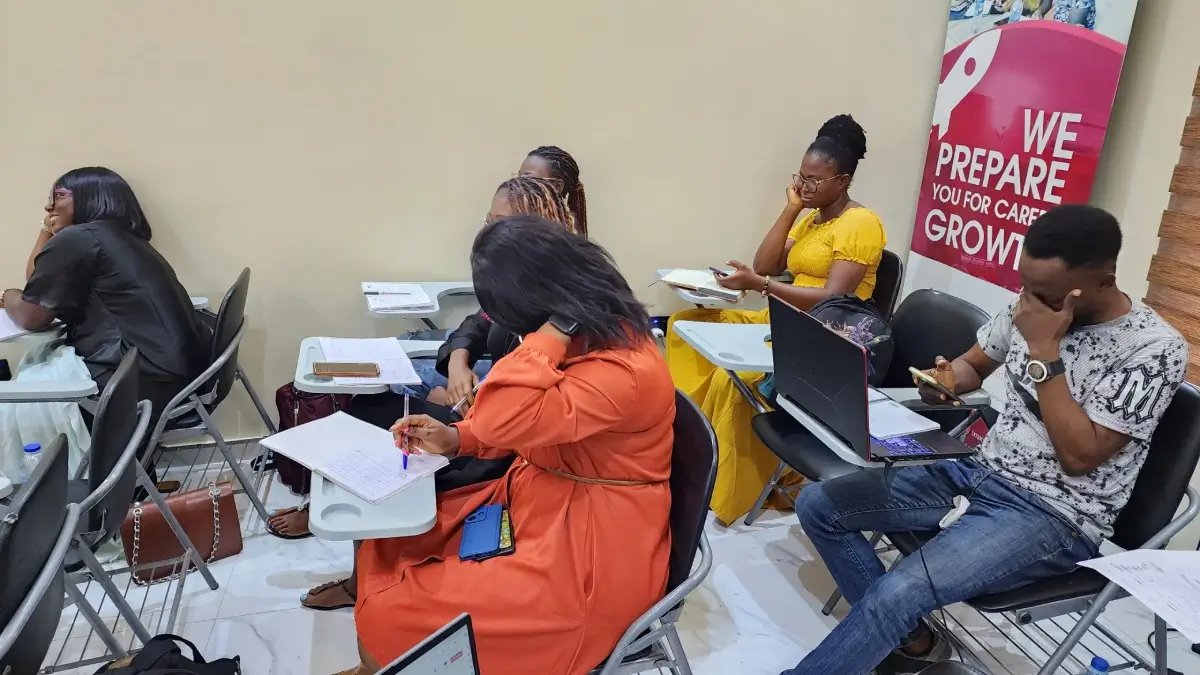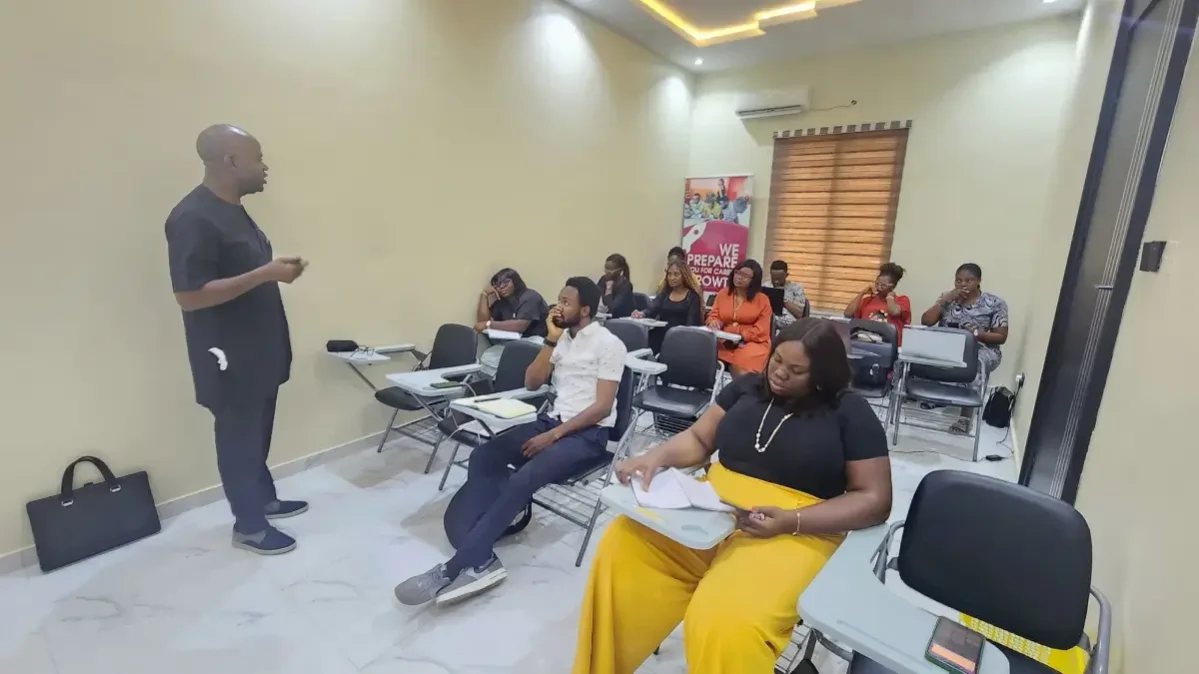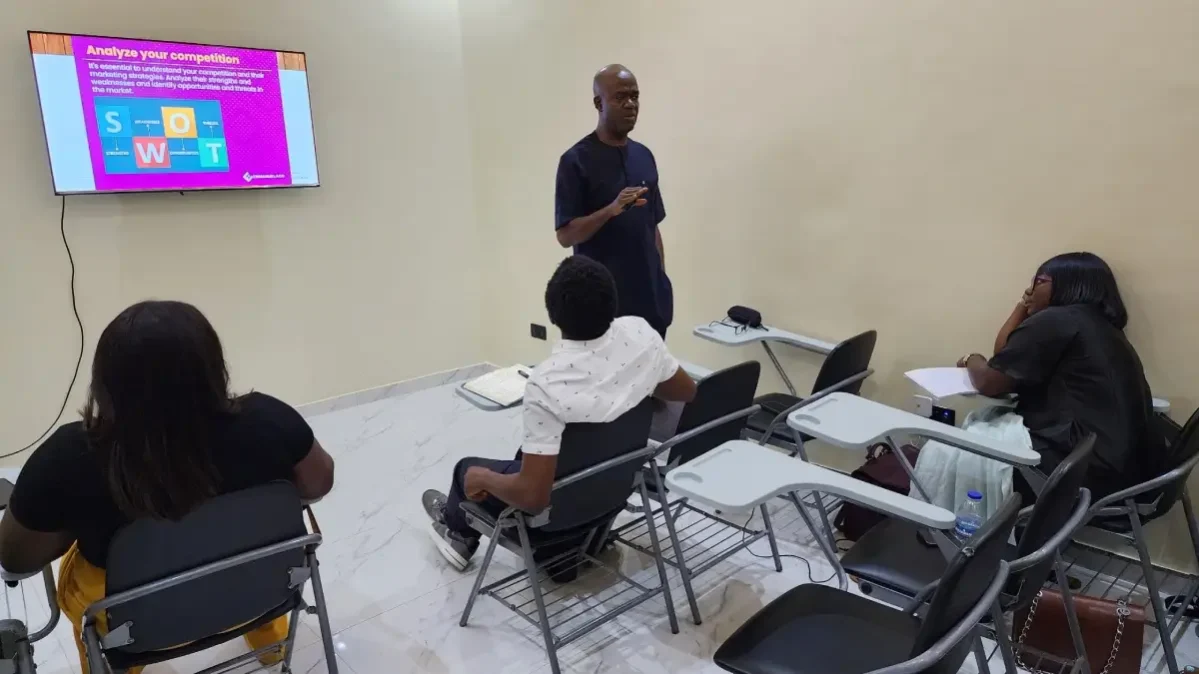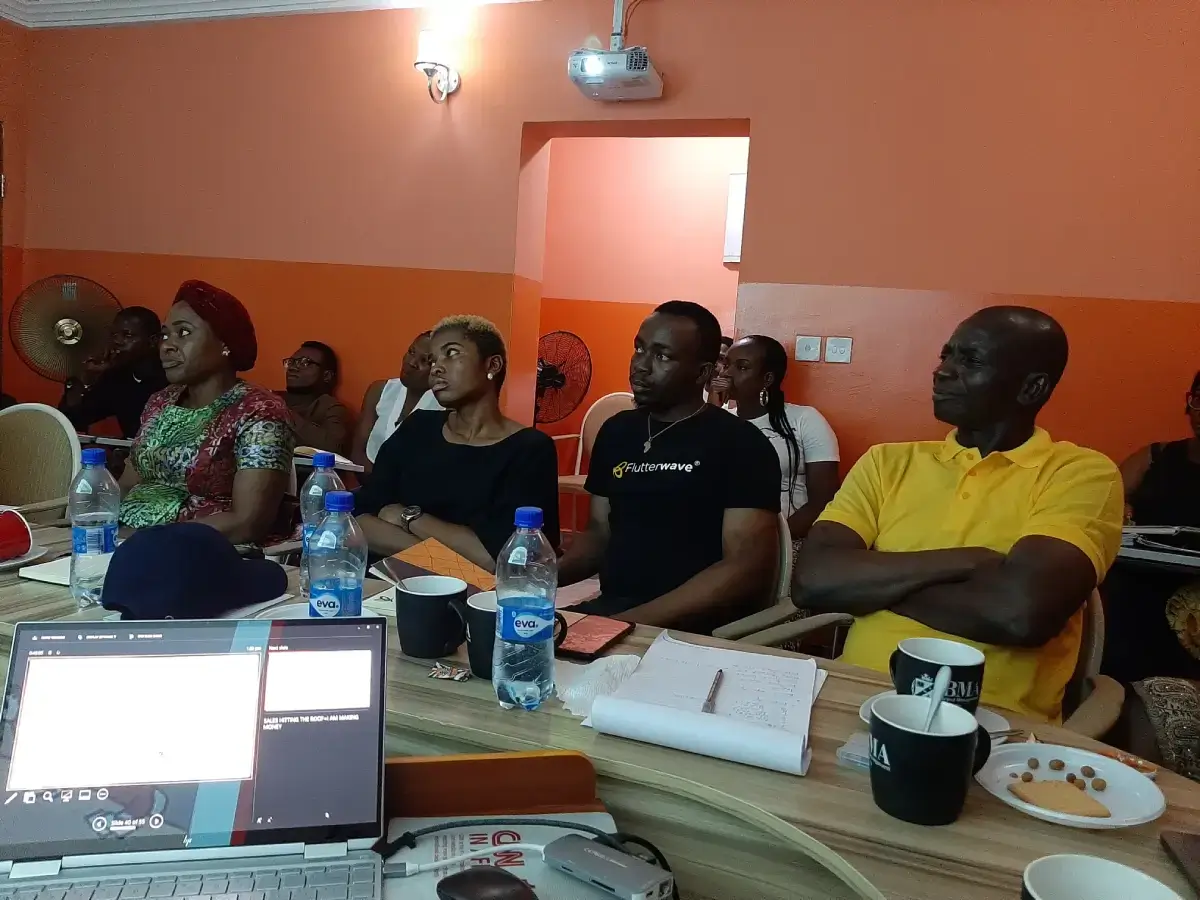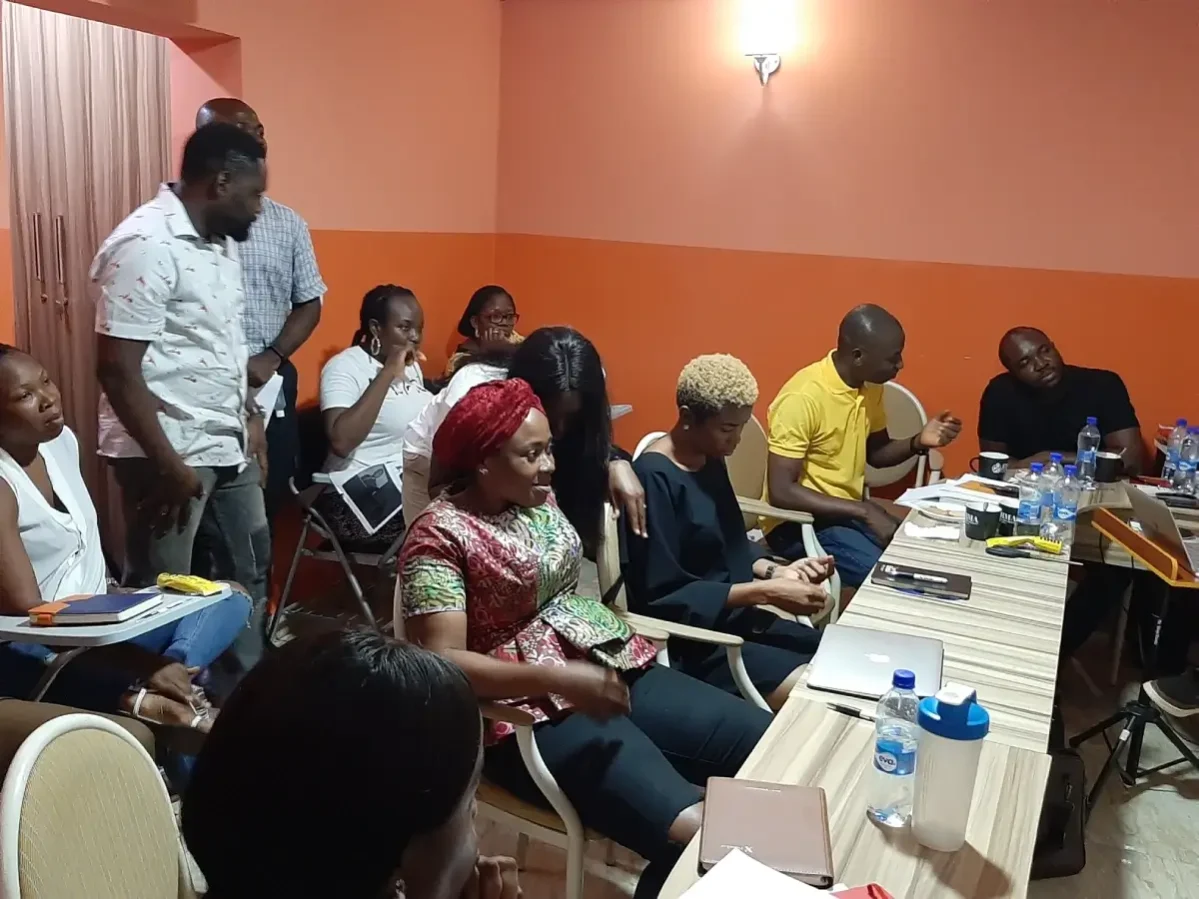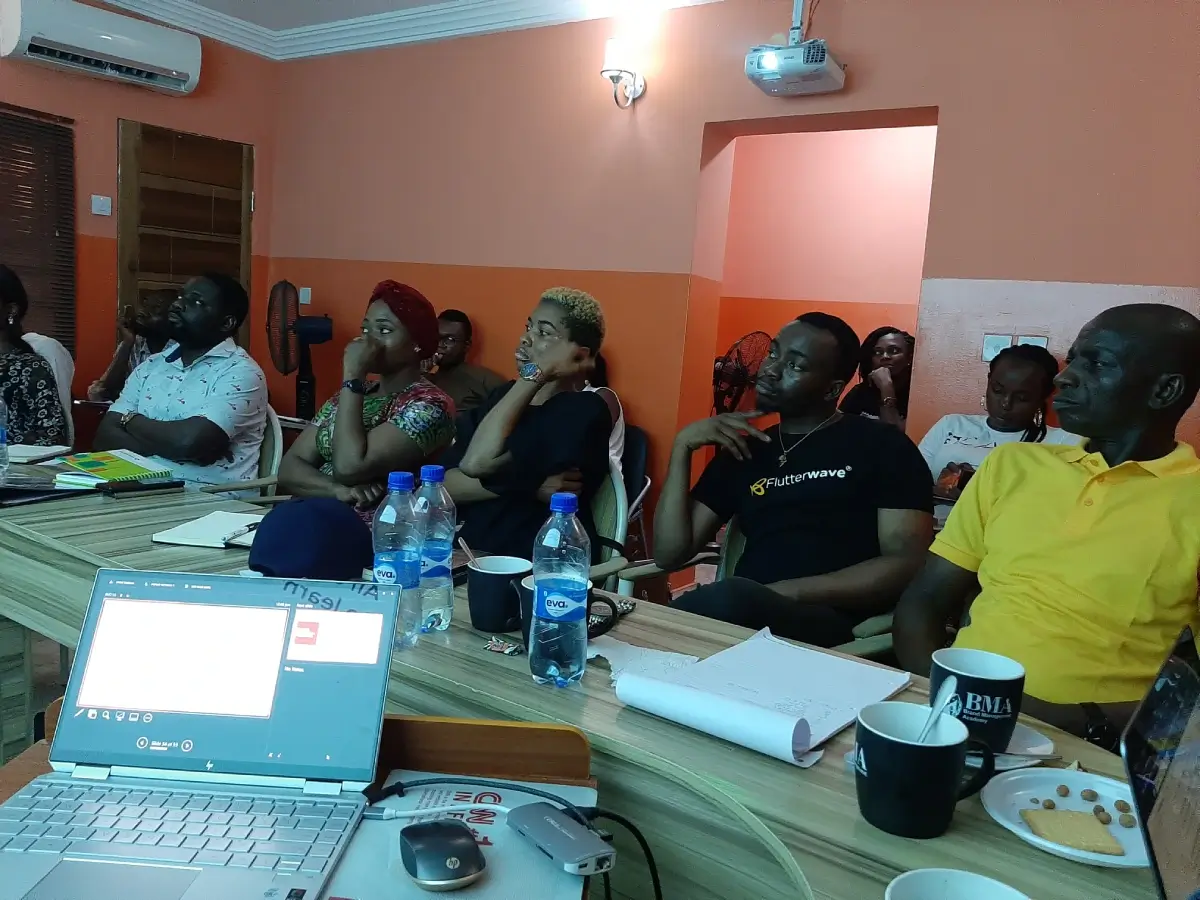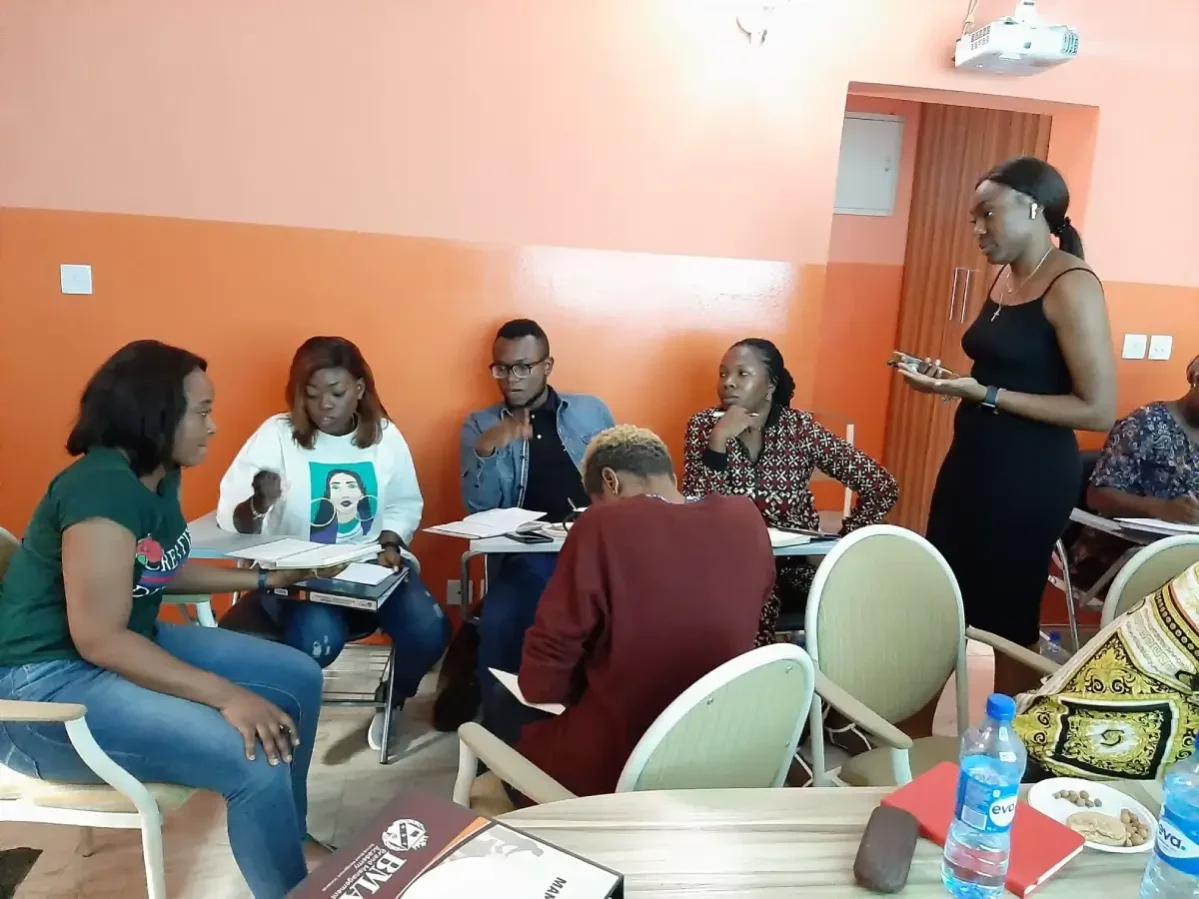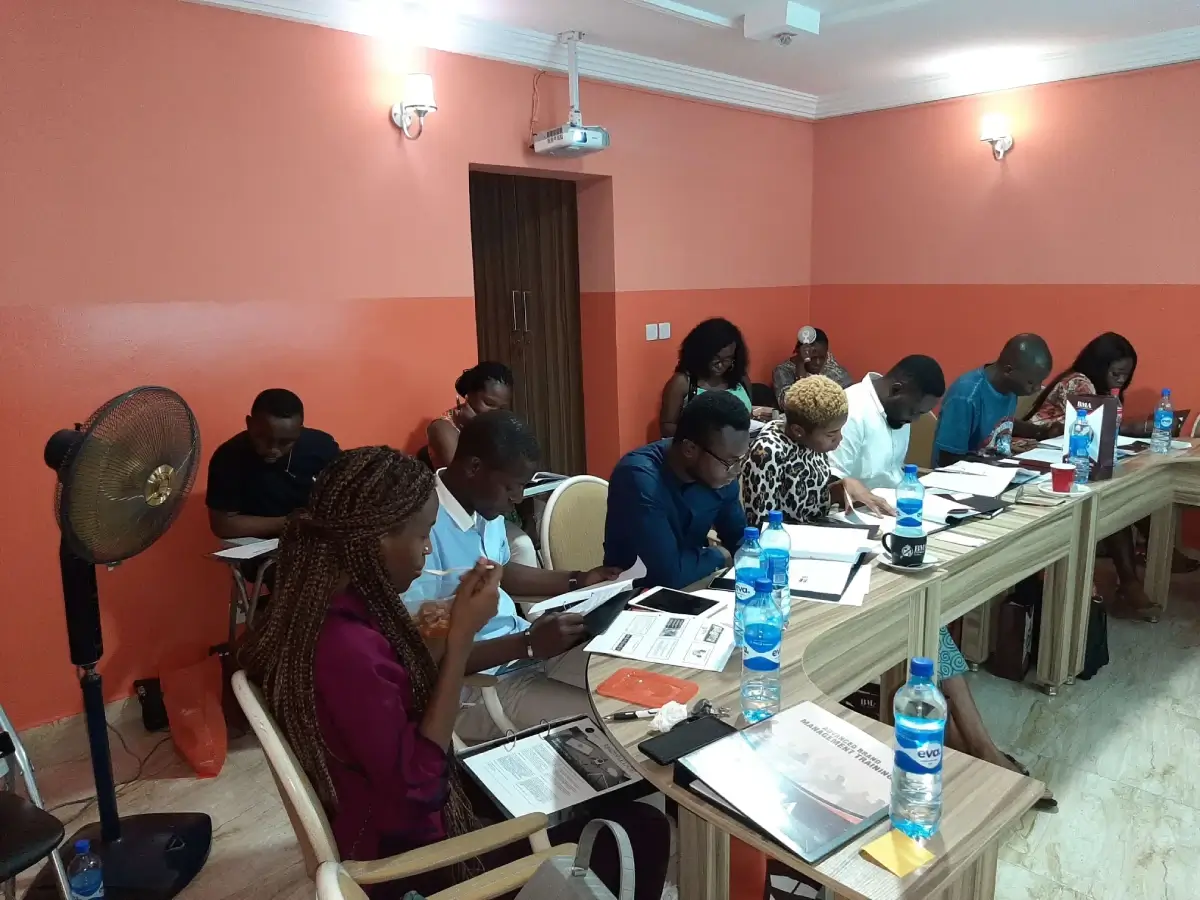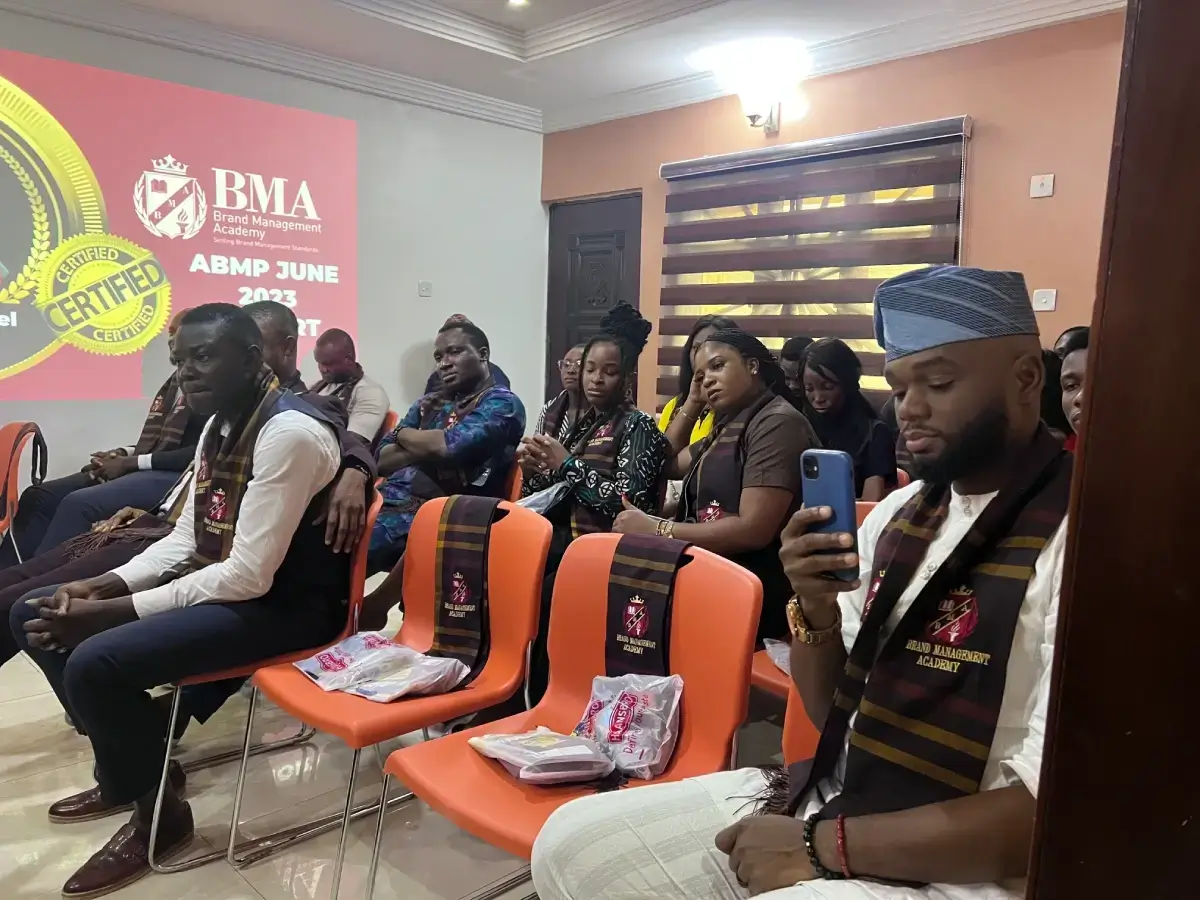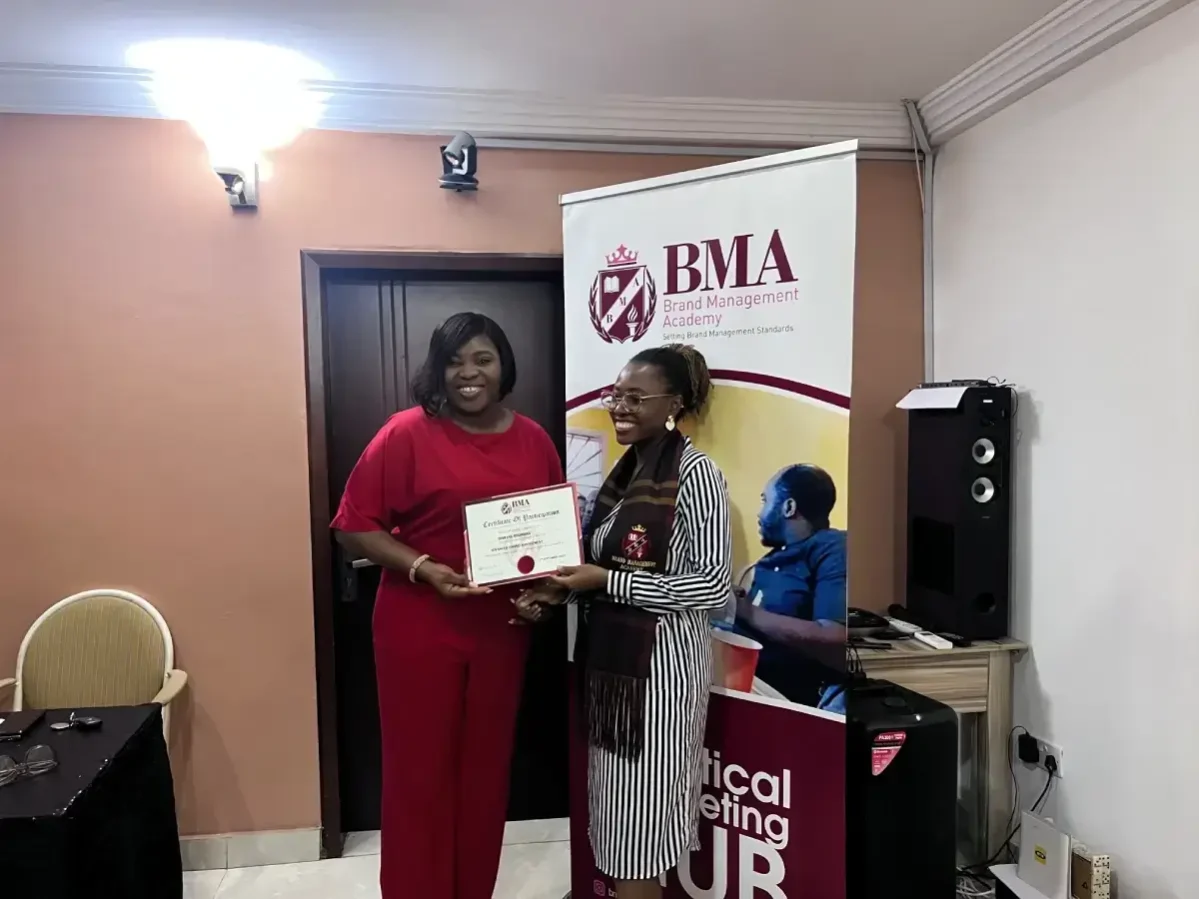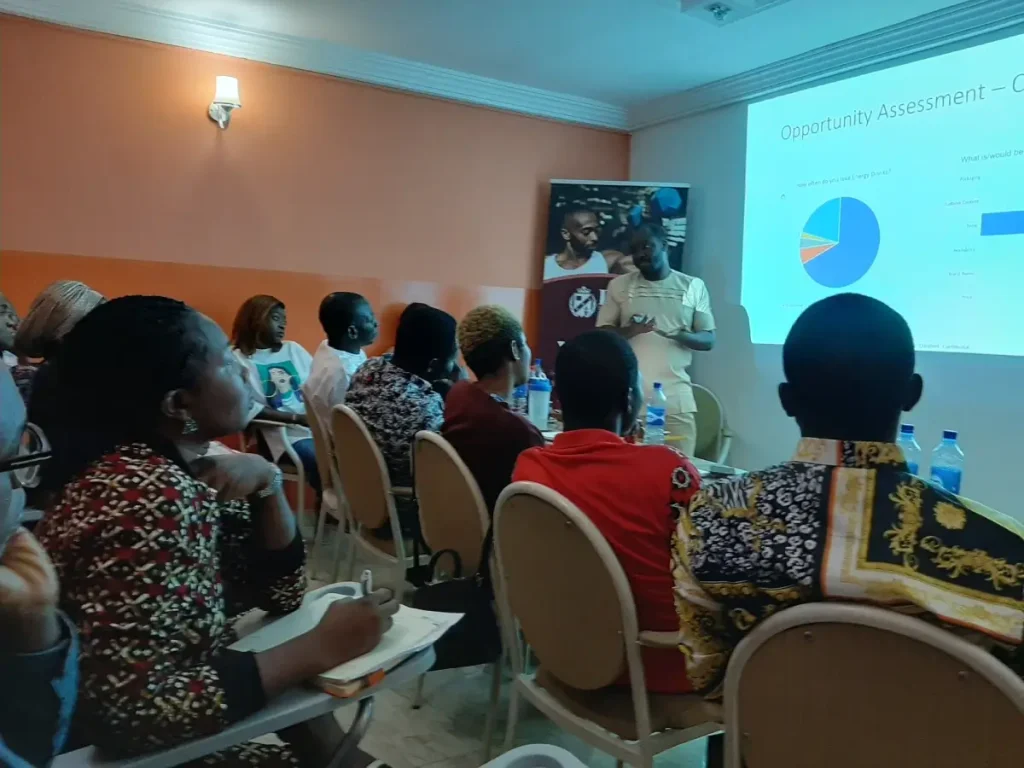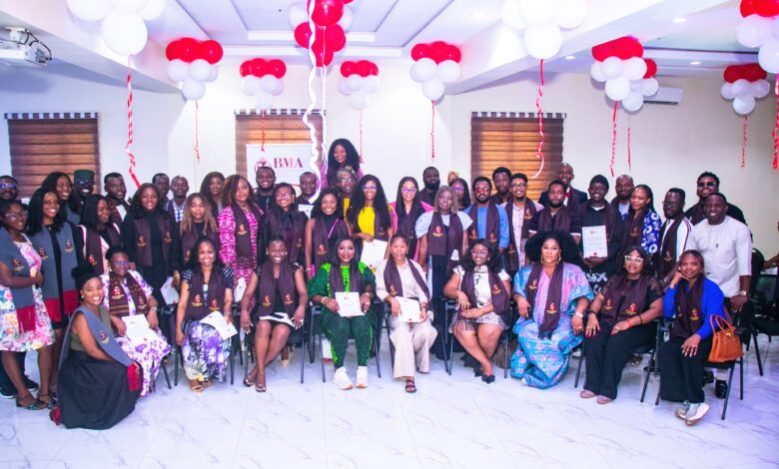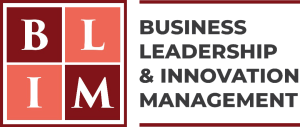It was an afternoon of pride, connection, and celebration …
News & Events
Bridging Nigeria’s Marketing Skills Gap: Why Practical Training Matters
- April 1, 2025
- Posted by: BMA
- Category: Knowledge

In today’s rapidly evolving business landscape, the gap between theoretical knowledge and practical application in marketing has never been more apparent. As highlighted by Brand Management Academy (BMA) founder Abiodun Ajiborode, “One of the biggest gaps… was the absence of practical experience being passed on to younger generations” (Leadership News, 2025).
This skills gap has been exacerbated by several factors:
- Migration of skilled professionals to other countries
- Limited mentorship opportunities for young marketers
- Professionals with years of experience but lacking fundamental marketing knowledge
What makes this situation particularly concerning is that many marketing professionals with “5-10 years of experience [are] lacking fundamental marketing knowledge” (Leadership News, 2025). This disconnect between experience and expertise creates inefficiencies across the industry and limits Nigeria’s competitive edge in the global marketplace.
Practical, industry-driven training represents the most effective solution to this challenge. By focusing on real-world applications rather than purely theoretical concepts, institutions like BMA are producing graduates who can “compete with peers from globally renowned institutions like Harvard and Kellogg” (Leadership News, 2025).
For marketing professionals looking to advance their careers, the implications are clear: seek education that emphasizes practical application, find mentors who can provide hands-on guidance, and prioritize learning experiences that bridge the gap between theory and practice.
The future of marketing excellence in Nigeria depends not just on what professionals know, but on how effectively they can apply that knowledge in the marketplace.
The Evolution of Executive Education: Partnerships Reshaping Professional Development
The landscape of executive education is undergoing a significant transformation, with innovative partnerships between specialized academies and universities creating new pathways for professional advancement.
The recent collaboration between Brand Management Academy (BMA) and NiBS University exemplifies this trend, offering BMA alumni a substantial 40% scholarship on customized master’s and doctorate programs (NiBS University, 2025). This partnership model addresses a critical need in the market: accessible, high-quality advanced education tailored specifically to working professionals.
What makes these partnerships particularly valuable is their focus on relevance. As Dr. Abiodun Ajiborode explained, these collaborations provide “graduates with opportunities to achieve globally competitive qualifications” (NiBS University, 2025) that are directly applicable to their career trajectories.
The benefits of this evolution extend beyond individual professionals:
- Organizations gain access to talent with both practical skills and advanced theoretical knowledge
- Industries develop more robust knowledge ecosystems when specialized expertise is formalized through academic credentials
- Academic institutions become more responsive to market needs by collaborating with industry-focused training providers
For professionals considering further education, these emerging partnerships offer a compelling alternative to traditional academic paths. They combine the practical orientation of industry training with the academic rigor and credential recognition of university degrees.
As the business environment continues to demand both specialized expertise and recognized qualifications, we can expect to see more innovative educational partnerships emerging across Africa’s professional development landscape.
Leave a Reply Cancel reply
[vc_row full_width=”” parallax=”” parallax_image=””][vc_column width=”1/1″][vc_widget_sidebar sidebar_id=”default”][/vc_column][/vc_row]
